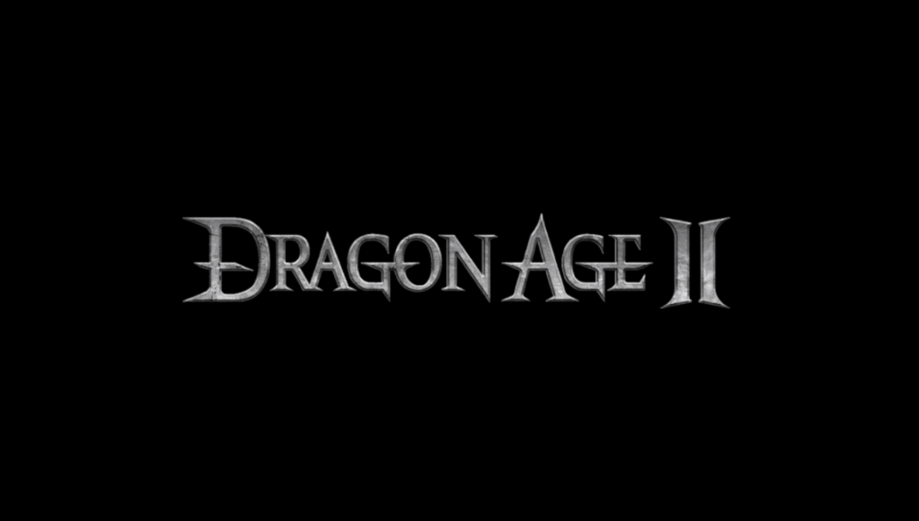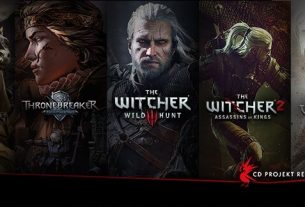Bioware’s Dragon Age series is one of the most popular fantasy role-playing games across major platforms. The first title, Dragon Age: Origins, was a massive hit when it came out in 2009. Following its successes were Dragon Age II, and Dragon Age: Inquisition which also sold millions of copies worldwide.
During its hype, the games were available on major platforms. That includes the PlayStation, Xbox, and PC. For the PC releases, the games were released exclusively for EA’s Origin client. DA: Origins were the first to be ported to Steam, and the two sequels followed suit earlier this year.
There’s not much to say regarding Dragon Age: Origins except that it was a superb action-RPG title of its time. It combined real-time action-based and strategic combat. Plus, it introduced a morality and consequence system where the player’s choices affect the society around it. Dragon Age: Inquisition sealed the series with a bang, with critics noting that it’s the sequel DA: Origins truly deserve. But what about the 2nd title of this three-part epic?
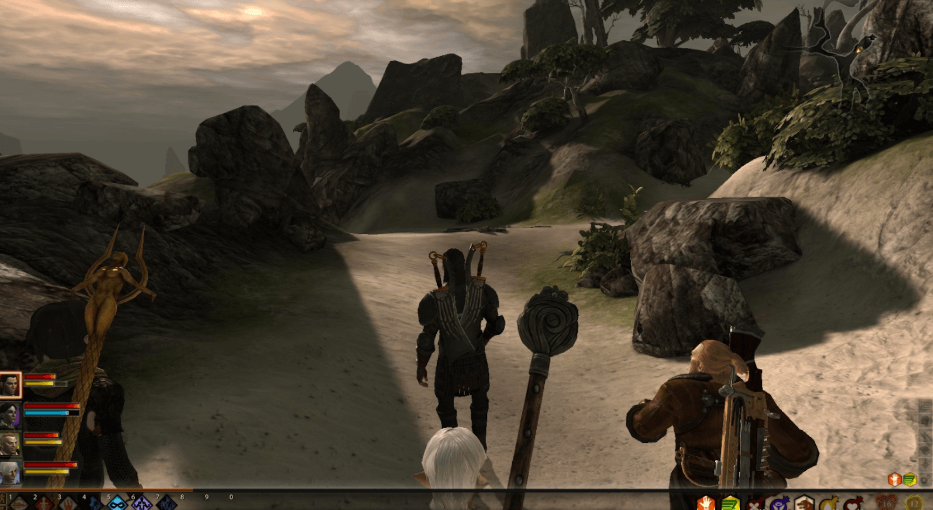
Dragon Age II centers around the story of the Hawke family and your character is the eldest of the three siblings of that family. Your true adventure starts in Kirkwall, after fleeing from the devastation of the Fifth Blight in Ferelden. From there, you will meet your companions as your story unfolds as to how you became the Champion of Kirkwall.
The game also received critical praises and sold over millions of copies. The only difference is that players feel like they were sold short of the hype, and their expectations. Overall, playing Dragon Age II is a fun experience, but comparing it to its predecessor, it has its shortcomings on multiple levels, which we’ll list down below.
Dragon Age II: The Unending Maze of Repetitive Design
Dragon Age: Origins’ level designs are all unique, and you’d truly feel you are lost in the middle of a thick elven forest, or a prisoner beneath the bowels of an impenetrable fortress. Every area in Ferelden is a thrilling destination. You can spend hours searching every nook and cranny for rare items and secrets!
Dragon Age II: level designs on the other hand make it seem like half of the fields in the Free Marches is the Wounded Coast, and every cave you go to is the Mines in Sundermount. It felt like the developers rushed the level designs to meet the release deadline. You pretty much see the same set of trees and fields in every Act, which gives me the go signal to just get the quests over and done with. Needless to say, exploration isn’t the eye-candy of this game, and probably never will.
The DLC’s Aren’t Worth The Sovereigns
Dragon Age: Origins is loaded with DLCs, going as far as putting an extra sassy golem to come with you on adventures, and a post-Archdemon story that will finally seal what truly happens to the Grey Warden-commander before you enter Dragon Age II. You can also explore the fates of two of the loveliest lady companions when you play their respective DLCs, each with tons of content on its own.
Dragon Age II, on the other hand, you get two-story DLCs. The Legacy DLC is okay at best. It gives you insight on the story behind the protagonist’s family. It does have some awesome equipment, but you’ll discard these later in Act III for the Champion armor or the item pack DLCs. This makes every droppable equipment in the game useless.
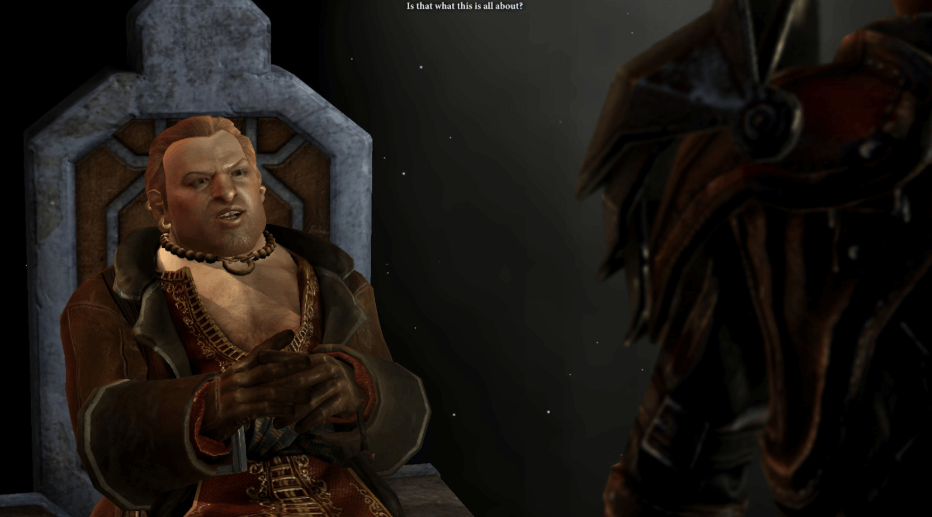
The Mark of the Assassin DLC takes you to Orlais, which is just a readjusted level design of Kirkwall and Sundermount. Compared to its preceding DLCs where it has tons of content, both DLCs of DA 2 can be finished within the day. It’s short, and you won’t even use the equipment you’ll acquire in those DLCs for long.
You can get the DLC items when you’re around level 30, which means you’re already in the middle of Act III at that point. But the problem with that is Act III is so short, you won’t enjoy using the DLC equipment anyway. Let’s just say that you can go straight from Act II to the game’s conclusion in about two days tops.
Everything You’ve Accomplished, You’ve Done for Nothing
Now despite the above-mentioned shortcomings, it’s still a nice game to play with, being rich in story and character development. The great thing about the Dragon Age series is that like the classic Japanese RPG Suikoden, you can import your previous save file in Origins to Dragon Age II. In other words, you get to keep the world state you’ve left DA: Origins in. So if you want to play Dragon Age II to customize its world state in preparation for Inquisition, then it’s still a fun journey to go through.
Except that you can’t directly import your DA2 save file to Dragon Age: Inquisition. For some reason only known to the Fade, Bioware can’t import the local save file to DAI. They noted that the file transfer may be too complex so they decided to make the Dragon Age Keep Tapestry. A browser storytelling game where you input in all the choices you’ve made in the two prequels to affect the world of Dragon Age Inquisition.
So everything you did with Hawke, from customizing its appearance to doing every single side quest on that never-ending maze of reused dungeon maps, it’s all done for nothing. So if you’re looking to buy Dragon Age 2 just to be ready for Dragon Age Inquisition, don’t bother. Just go to the Dragon Age Keep, log in to your EA account and make your choices there.
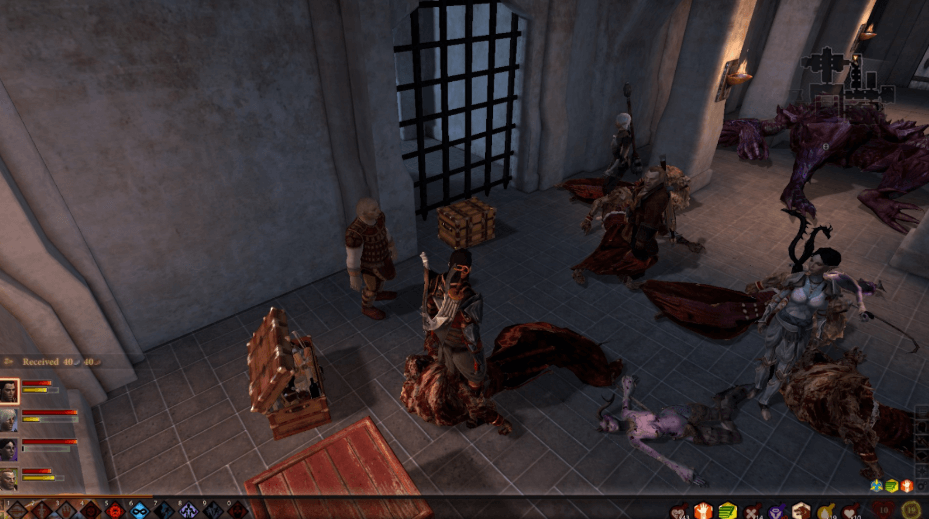
The Only Redeeming Quality of Dragon Age II is its Combat System
Admittedly, the only true redeeming factor of Dragon Age II over its predecessor is its fluid combat system. Compared to the chunky, force-pausing combat system of DA: Origins, Dragon Age 2 offers a true mix between real-time combat and tactical preparation in the middle of a fight.
Animations during fights are remarkably done, especially the kung-fu style staff arts mages use for their basic attacks and the gory end of enemies when you bash their heads in with a hammer. But other than that, Dragon Age II falls short on pretty much everything that makes the Dragon Age series great.

